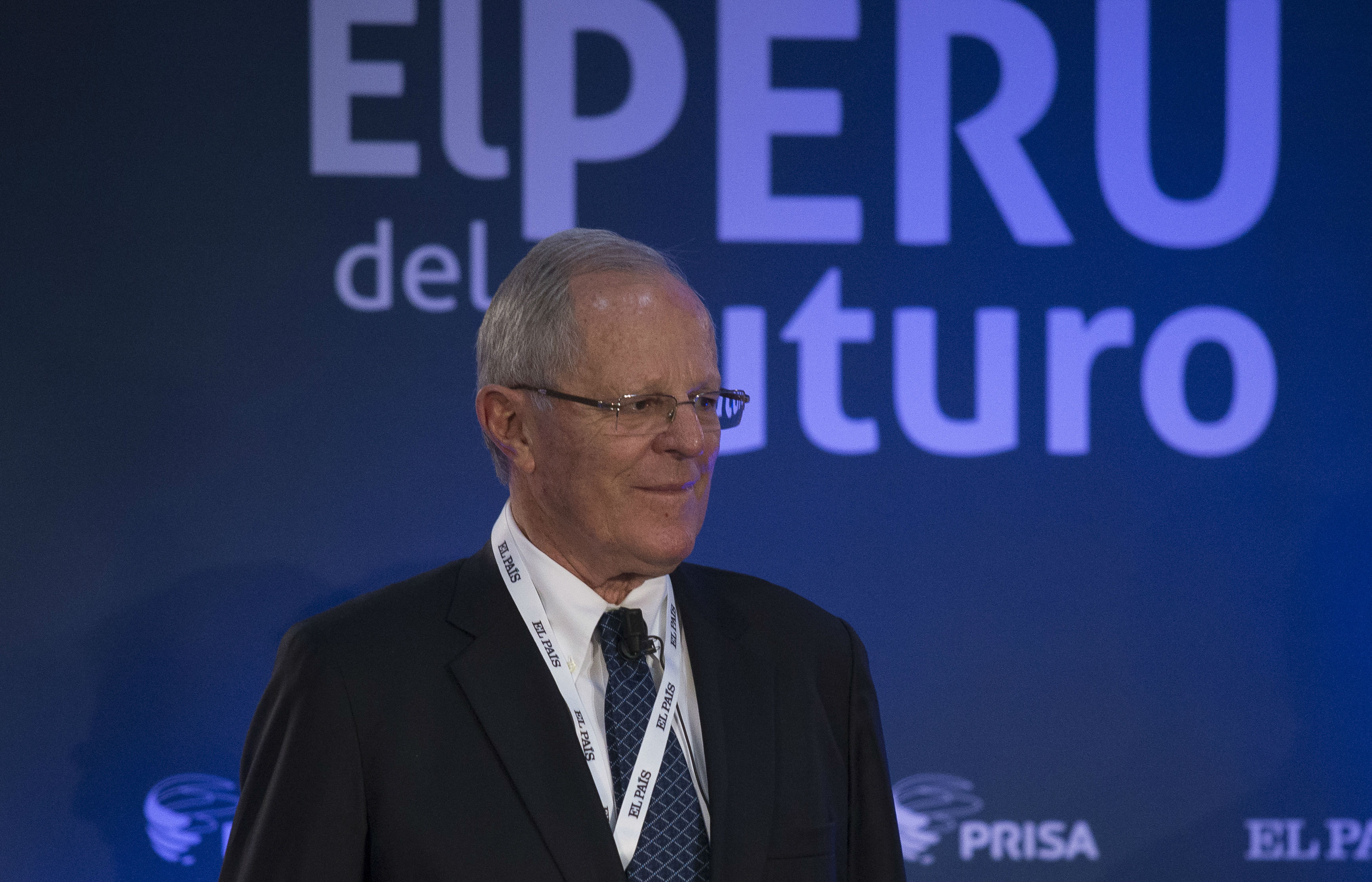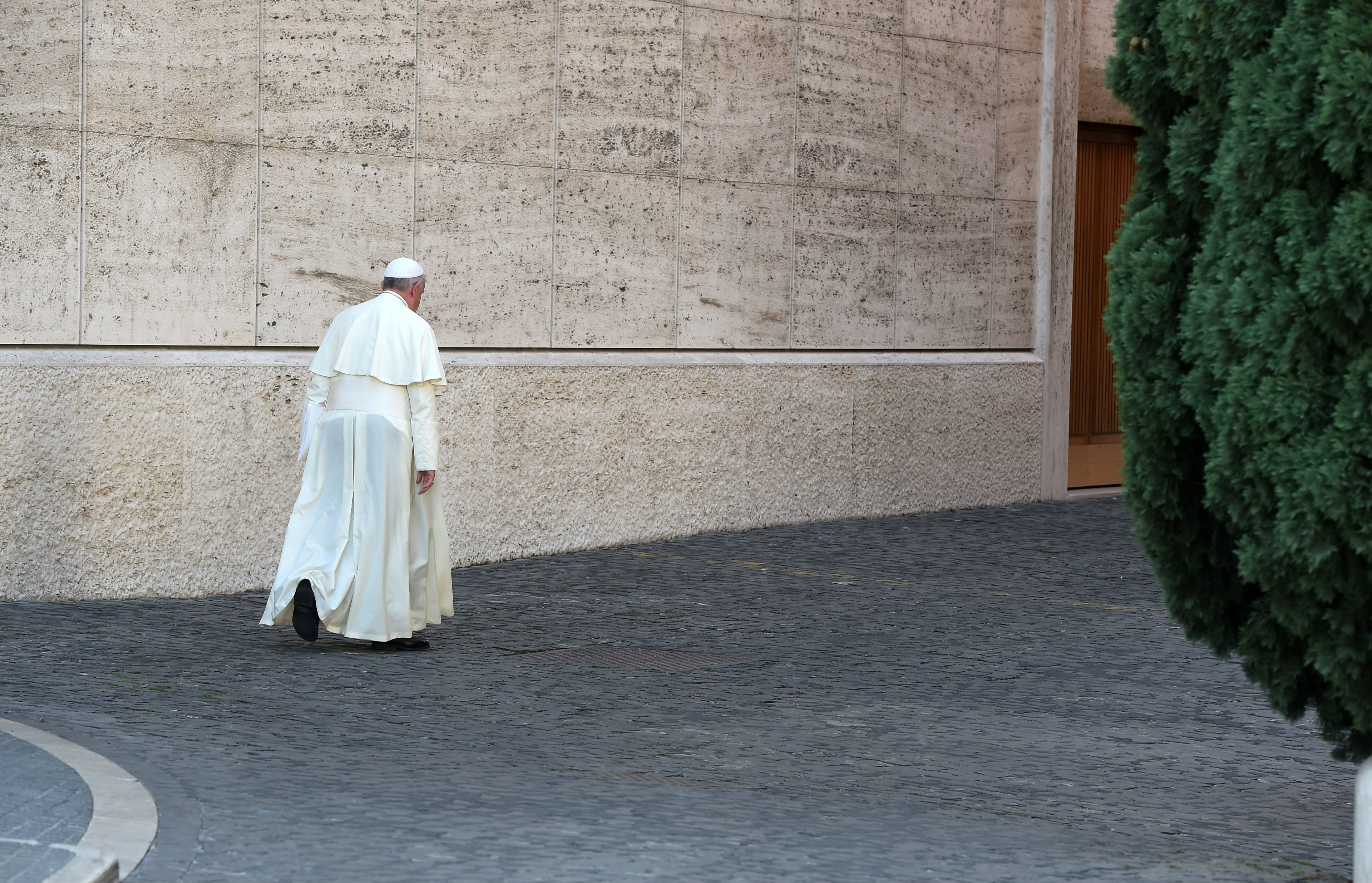Next Wednesday five new prelates will be formally inducted as cardinals, each swearing an oath that they will be “constantly obedient to Blessed Peter in the person of the Supreme Pontiff,” and becoming his closest collaborators.
These vows, and the role that cardinals are required to play supporting a pontificate, make it highly unusual for “Princes of the Church” to make their grievances with a Pope public.
But during Francis’ papacy there has been an open challenge to a Pontiff’s authority not seen in centuries, and one that is not going away.
The four “dubia” cardinals have stepped up the pressure on the Pope by publicising a letter they sent to Francis requesting a private audience to discuss their concerns about moves to allow divorced and remarried couples to receive communion contained in his apostolic exhortation, “Amoris Laetitia.”
The cardinals have released this letter because the Pope has not answered their request, nor has he formally replied to their initial questions - termed “dubia" - about the exhortation which were submitted last November.
This leak is designed to put pressure on Francis for a response, to leave people asking why the Pope of dialogue won’t have a discussions with four of his cardinals.
In the letter, penned by Cardinal Carlo Caffarra, the retired Archbishop of Bologna, the four express their “absolute dedication and our unconditional love for the Chair of Peter and for your august person” while also feeling the need to distance themselves from conspiracy theory claims Francis was not validly elected.
After declaring their elaborate expression of loyalty, the four cardinals say they are compelled to press the Pope on what he is doing about the differing interpretations of his apostolic exhortation with some bishops saying the remarried can return to the sacraments, while some are refusing. For the dubia cardinals, there needs to be doctrinal clarity. Either the divorced and remarried can receive communion or they can’t; there’s no grey, no special cases.
The Pope, on the other hand, believes that the Church must accompany, integrate and then re-instate all those who wish to return to the fold. In his eyes, there can’t be a blanket yes or no to a divorcee’s request for communion; every person has a story which needs to be examined and discerned before a decision can be made. This is a process which requires one-on-one pastoral attention rather than a ruling from the desk of a canon lawyer.
“Certain responses to Amoris Laetitia, persist in seeing only white or black, when rather one ought to discern in the flow of life,” the Pope has said, in what was read as an indirect response to the dubia.
So far, the Pope has refused to meet the cardinals. He was irritated by their decision to publicise their concerns last year without telling him beforehand with one of the four, Cardinal Raymond Burke, later threatening to issue a “formal correction” against Francis. This was seen as a disloyal move aimed at stirring up division and undermining the papacy.
While the cardinals say they want a dialogue, the dubia questions they submitted to the Pope require “yes or no” answers. Supporters of Francis argue the concerns are not worth addressing given Amoris Laetitia was written following two synod of bishops sessions and a worldwide consultation of catholics. It is a collegial document, expresses the mind of the Church and is an expression of the Pope’s magisterial teaching authority.
One papal aide suggested said the concerns of the cardinals, which are framed in canonical terms, do not respond to the pastoral reality of Catholics today.
Amoris Laetitia, Francis' defenders say, is a wide ranging response to marriage and family today, where Catholic teaching is being applied to real-life pastoral situations while offering the sacraments to some remarried is a legitimate development of Catholic doctrine. Historians have pointed out that in the past all those who had divorced and married again were excommunicated, this is no longer the case. And it was Pope St John Paul II who in his family document, Familiaris Consortio, distinguished between spouses who had left their marriage and those who had been abandoned.
But the dubia cardinals latest letter show that a small, but vocal group, remain unconvinced. They are worried about different interpretations on whether the divorced and remarried can receive communion with the Polish bishops saying no while the Maltese saying yes.
The genie of Catholic disagreement is now out of the bottle.




 Loading ...
Loading ...